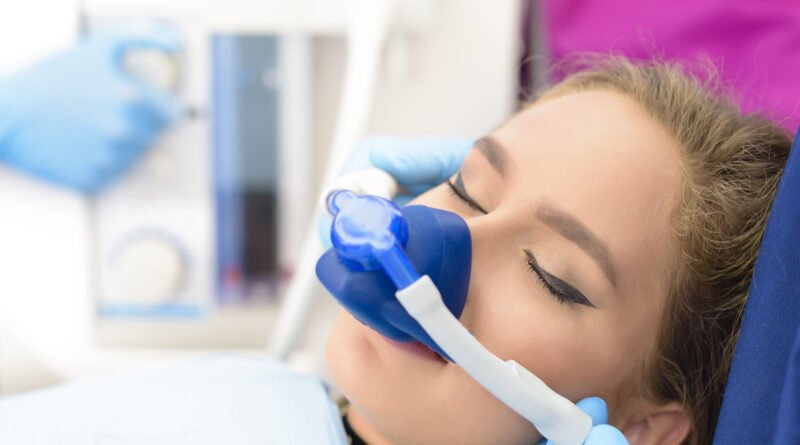Dental Sedation: How Does It Work and Who Can Get It?
Navigating the tumultuous sea of dental anxiety can be a significant challenge for nearly 30% of dental patients. This negative sentiment may leave you with a racing heartbeat, sweaty palms, and an insatiable desire to cancel your appointment. We understand, and it’s important to realize these feelings can potentially compromise your oral health and overall wellbeing.
This is where the superhero of dentistry swoops in – dental sedation, a beacon of hope for those whose dental visits are clouded with anxiety.
Does this concept pique your interest? Let’s explore the world of dental sedation together, as we attempt to demystify it, answer your questions, and help you decide if it’s the key to transforming your dental experiences.
The Many Faces of Sedation Dentistry
Sleep dentistry, another term for sedation dentistry, is like a trusted friend for those who find dental procedures unnerving. If you’re someone who dreads the dentist’s chair due to severe anxiety, a low pain threshold, or you’re preparing for a complicated, time-consuming procedure, sedation dentistry can be your ally.
From a simple teeth cleaning to a complex extraction or filling a cavity, dental sedation can be customized to your needs. Remember, you and your dentist are a team, collaborating to determine when sedation is necessary and when it’s not.
The Colors of Dental Sedation
Imagine a palette with varying shades of dental sedation. You get to choose the hue that suits you best.
Perhaps you prefer a light tint, just enough to help you relax. In that case, nitrous oxide, often known as ‘laughing gas’, could be your pick. Or, you might lean towards a deeper shade, desiring complete oblivion to the procedure. Here, IV sedation, resembling general anesthesia, might be your choice. The palette is rich and diverse, allowing you to tailor your experience.
Informed decisions are the best kind, so do take the time to research and understand your options.
Who Stands to Gain?
Is dental sedation only for a select few? Absolutely not!
Almost anyone grappling with dental anxieties or difficulties could potentially benefit from dental sedation. Age is no barrier here, with even children being eligible for certain types of sedation. And most pre-existing health conditions won’t inhibit your access to this form of treatment. Of course, a thorough discussion with your doctor is essential to ensure you’re a suitable candidate and to map out the benefits.
After the Dentist’s Chair: What to Expect
One reason behind the popularity of sedation dentistry in dental offices nationwide is the minimal side effects associated with it.
Once the medication wears off, which typically happens quite quickly, you can comfortably resume your daily activities. Post-procedure grogginess is rare, with most patients bouncing back without any lingering sleepiness after their appointment.
Your Gateway to Stress-Free Dentistry
Taking care of your oral health is a crucial element of your overall wellness journey. That’s why it’s so important to overcome any hurdles that stand between you and regular dental visits. If dental sedation is what it takes to transform your dental appointments into stress-free experiences, then it’s a solution worth exploring.
Remember, with dental sedation, your visits to the dentist can become seamless, relaxed events. The downside? There isn’t one!
Keen on learning more about optimizing your health and lifestyle? Stay tuned to our blog!




